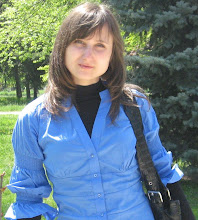Other ways of talking about the future
1. Is to + Infinitive
Form
This form is composed of two elements: the appropriate form of the verb to be + to (am to, are to, is to), and the infinitive of the main verb without 'to'.. Subject | to be to | infinitive without to |
| We | are to | leave |
Affirmative | ||
She | is to | travel |
Negative | ||
You | are not (aren't) to | travel |
Interrogative | ||
Am | I to | travel? |
Interrogative negative | ||
Aren't | they to | travel? |
Function
This form refers to an obligation to do something at a time later than now. It is similar to 'must', but there is a suggestion that something has been arranged or organised for us. It is not normally used in spoken English, but might be found in spy stories, e.g.- "You are to leave this room at once, and you are to travel by train to London. In London you are to pick up your ticket from Mr Smith, and you are to fly to your destination alone. When you arrive, you are to meet our agent, Mr X, who will give you further information. You are to destroy this message now."
2. Be + about to + Infinitive
Form
This form is composed of three elements : the appropriate form of the verb to be, present tense, + 'about to' + the infinitive of the main verb without 'to':Subject | be | about to | infinitive without to |
I | am | about to | leave |
She | is | about to | arrive |
Function
This form refers to a time immediately after the moment of speaking, and emphasises that the event or action will happen very soon:Examples
- She is about to leave.
- You are about to see something very unusual.
- I am about to go to a meeting - can I talk to you later?
- We are just about to go to sleep.
- Sally is just about to take an exam.
- She was about to leave when he arrived.
- I was just about to telephone her when she walked into the house.
 Chisinau Time
Chisinau Time